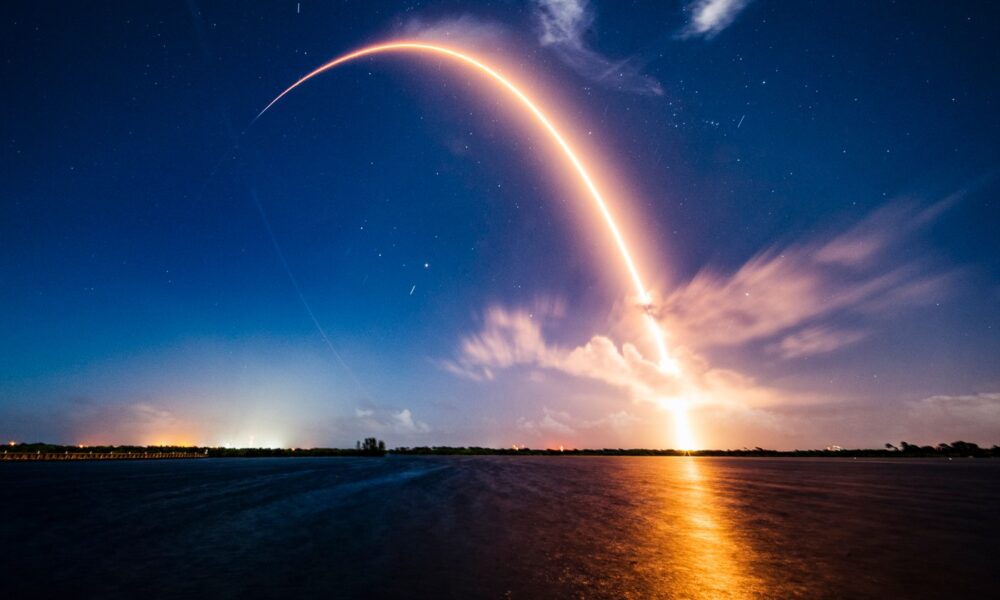URGENT UPDATE: The United States is facing a critical moment in the space race as China rapidly advances its space capabilities. With the U.S. federal government shut down during Space Week from October 4-10, 2023, experts warn that America’s space strategy is becoming alarmingly unclear, potentially allowing China to seize the lead.
China is not just competing; it is strategically executing its ambitions. Over the past six months, Beijing has launched an AI “supercomputing” satellite constellation and partnered with Russia to construct a Lunar nuclear power plant for their ambitious International Lunar Research Station (ILRS). This level of commitment highlights China’s determination to establish itself as the preeminent space power.
According to Dr. Namrata Goswami, a prominent analyst on China’s space initiatives, the Chinese Communist Party is prioritizing advancements in reusable rockets and orbital logistics. These innovations could enable China to outpace the U.S. before long. The stakes could not be higher: the nation that leads in space will dictate future economic and national security landscapes.
Currently, SpaceX, led by billionaire Elon Musk, operates at a staggering launch volume, outpacing every other company globally. However, analysts caution that this advantage may dwindle as China’s capabilities grow. In just five years, China has demonstrated significant technological milestones, including in-space refueling and the launch of its crewed space station. Moreover, it has successfully landed and retrieved samples from the far side of the moon, a feat the U.S. has yet to achieve.
What happens if China continues to advance unchecked? Experts warn of potential crisis scenarios, such as adversaries disabling U.S. satellites or deploying anti-satellite weapons. The United States currently lacks a coherent response strategy to these threats, which could have dire consequences for national security.
Energy competition is also heating up. While many countries focus on renewable sources, China is investing in space-based solar power systems that could beam energy back to Earth. This is part of its vision for a projected $10 trillion Earth-Moon economic zone. The moon, rich in Helium-3 and accessible water sources, is a strategic target for future resource exploitation. The first country to establish a foothold in these regions will control vital logistics for the solar system.
The urgency for crisis planning is palpable. As commercial space flight becomes commonplace, the risk of accidents increases. Yet, no federal agency—be it NASA, the Space Force, or the FAA—currently possesses the authority or infrastructure to conduct necessary rescue missions. The private sector remains a strong asset, but this advantage may be fleeting without a clear national strategy.
Former President Donald Trump’s recent executive order to streamline launch licensing is a step in the right direction, but experts argue that deregulation alone is insufficient. The U.S. must develop a prioritized investment strategy and a compelling national vision for space exploration.
The next Sputnik moment is on the horizon, and the question remains: will the U.S. be caught off guard, or will it rally its innovative spirit to regain its leadership in space? As the stakes rise, the urgency for a decisive and strategic response is clearer than ever.
This analysis underscores the pressing need for the U.S. to take immediate action in the face of emerging challenges in space. The future of global influence and security depends on it.






